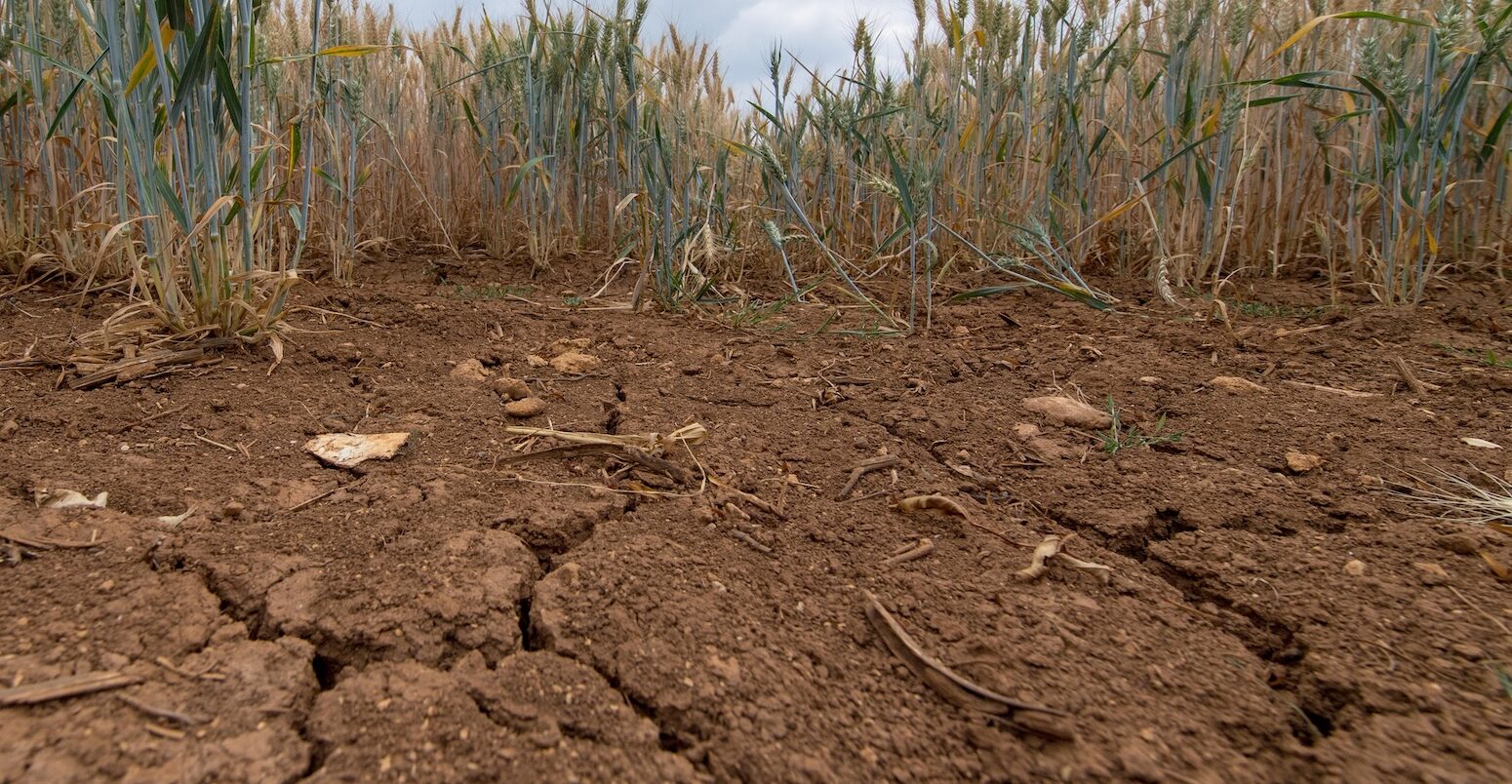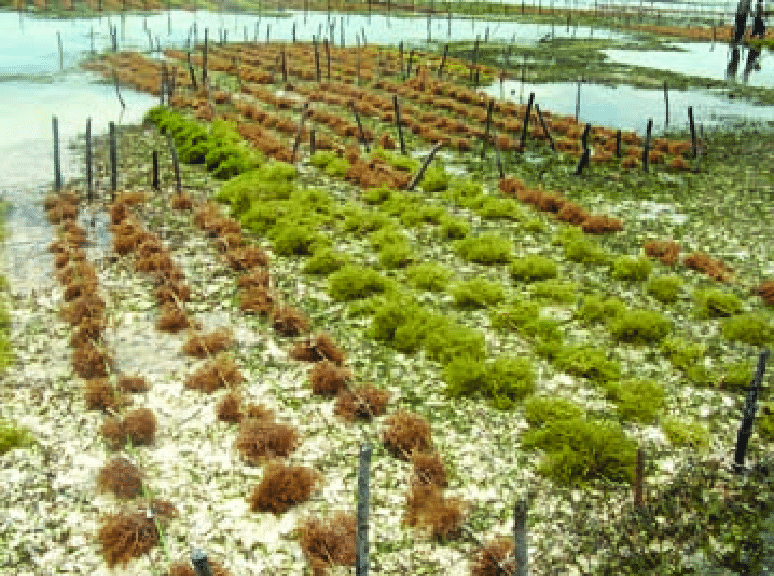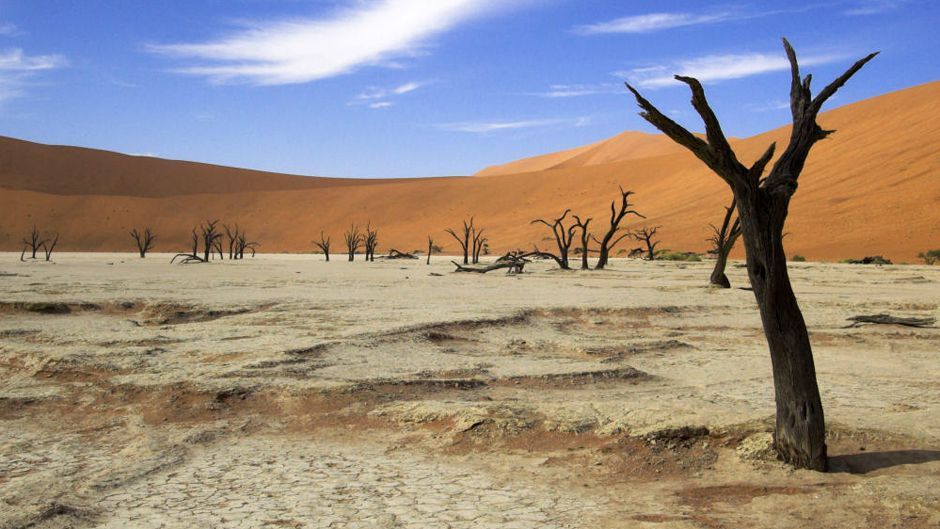The post-doctoral fellow will work at IFREMER’s Maritime Economics Unit, part of the UMR AMURE-Centre de droit et d’économie de la mer, based in Brest on the premises of the Institut Universitaire Européen de la Mer (IUEM). Maritime Economics Unit is part of UMR AMURE (https://www.umr-amure.fr/), a social science laboratory specializing in marine socio-ecosystems, and a member of the European University Institute of the SEA (IUEM)
Future-OBS (website : https://www.sb-roscoff.fr/fr/station-biologique-de-roscoff/la-station/projets-nationaux/future-obs-observatoire-augmente-pour-les-socio-ecosystemes-cotiers-anr) is a 6-year project funded by the French National Research Agency (ANR) and coordinated by Sorbonne University, which aims to create the next generation of augmented observatories for coastal socio-ecosystems. The fundamental aim of FUTURE-OBS is to propose strategies for multi-scale, multi-disciplinary observations of socio-ecosystems. This trans-disciplinary work will BE carried out in identified high-stake areas such as maritime façades exposed to multiple pressures (English Channel and north-western Mediterranean), marine protected areas and aquaculture zones, which will serve as demonstrators and study sites. The ambition of FUTURE-OBS is to rely on a strong co-construction approach that associates scientists from distinct fields such as oceanography, ecology or economic and social sciences with operational players such as managers, public and private stakeholders, and decision-makers.
Deadline for applications : January 19th 2025
General areas of responsibility :
This post-doctorate will contribute to WP6 of the project, dedicated to the co-construction of observation and the appropriation of new methods and their results by stakeholders. As part of WP6, an online questionnaire on observation practices and needs is underway, and workshops with stakeholders from France’s 3 major maritime façades were organized in 2024 and will BE repeated in 2025. In addition, training sessions for end-users are offered throughout the project. Workshops and training sessions can give rise to various types of complementary analysis of the appropriation process (observation, questionnaire). The post-doctorate will therefore BE able to build on these project achievements, and conduct a complementary series of interviews with actors and users of marine and coastal socio-ecosystem observation. The central objective of the post-doctorate will BE to propose and deploy a research device that will enable analysis of the social processes involved in implementing Future-OBS. The successful candidate will thus play a key role in developing the project’s socio-ecosystemic approach and its participatory dimension.
Principal activities :
The post-doctoral fellow’s tasks will BE to :
– Identify conceptual frameworks for analyzing the social appropriation of socio-ecosystem observation, and assess their relevance;
– Carry out a critical review of the literature, based on an original evaluation grid to BE constructed, which will include a series of criteria likely to influence social appropriation, including the perimeter of observatories, the type of resilience problems they are intended to address, observation systems and operability, data provided and data processing methods ;
– Develop a research protocol to analyze the process of innovation appropriation during the Future-OBS process, including its stakeholder interaction dimension;
– Collaborate with a large team of colleagues working in an interdisciplinary research environment;
– Publish research in high-quality, peer-reviewed journals, in collaboration with project team members.
Collaborative work environment :
– Internal :
Position based within Ifremer’s Maritime Economics Unit, itself part of UMR AMURE (https://www.umr-amure.fr/), a social science laboratory specializing in marine socio-ecosystems, and a member of the European University Institute of the SEA (IUEM), which will enable numerous interactions with researchers from these structures specializing in sustainability sciences and support for maritime public policies.
– External :
The post-doc will have the opportunity to work in close interaction with other scientists involved in observation and its use, in particular the leaders of the Future-Obs WPs and Gaëlle Amice, project manager for Sorbonne Université.
PhD in social sciences applied to science and technology studies, environmental issues or participatory sciences, including sociology, human ecology, philosophy, epistemology and other disciplines relevant to the position
– PhD obtained 3 years ago maximum
– Experience of working in interdisciplinary teams involving environmental and social scientists
Required knowledge, skills and characteristics
Knowledge, skills and abilities
– Experience in socio-ecosystems research
– Experience in writing A-level academic articles
Human qualities
– A taste for teamwork
– Leadership and communication skills
The Institute
A pioneer in ocean science, IFREMER’s cutting-edge research is grounded in sustainable development and open science. Our vision is to advance science, expertise and innovation to :
– Protect and restore the ocean
– Sustainably use marine resources to benefit society
– Create and share ocean data, information & knowledge.
With more than 1,500 personnel spread along the French coastline in more than 20 sites, the Institute explores the 3 great oceans : the Indian, Atlantic and Pacific oceans. A leader in ocean science, IFREMER is managing the French Oceanographic Fleet and its dedicated scientists create ground-breaking technology to push the boundaries of ocean exploration and knowledge, from the abyss to the atmosphere-ocean interface.
Well-established in the international scientific community, our scientists, engineers and technicians are committed to advance knowledge about our planet’s last unexplored frontiers. They provide the science we need for informed decision-making and public policy and they transfer this knowledge and technology to businesses to fulfill public and private needs. Core to our mission is also to strengthen public awareness about the importance of understanding the ocean and its resources, and empowering future generations of leaders through education and outreach national campaigns.
Agricultural Economics
Sociology
Applied Ecology




